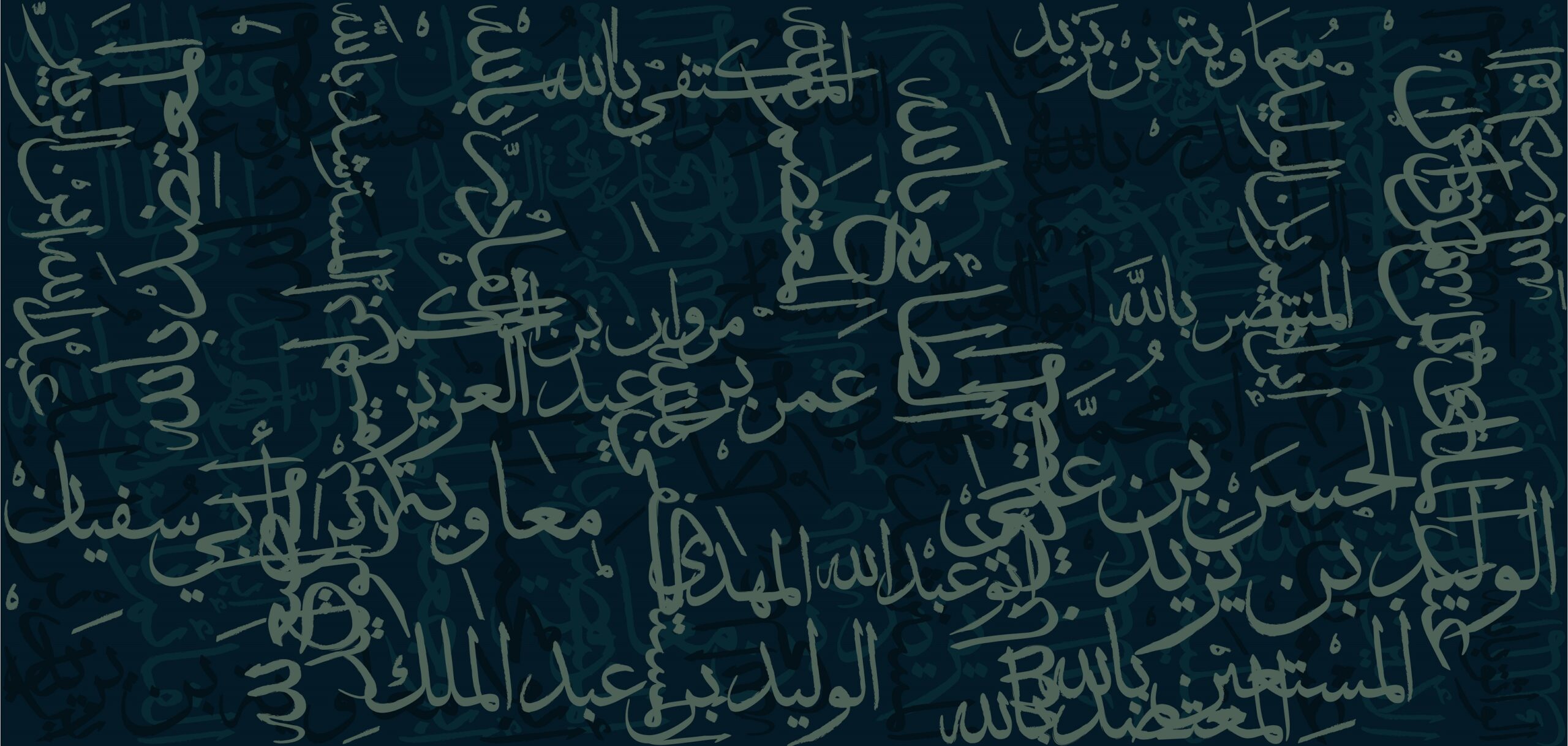
insert_link
share
close
Episode 29: Unforced error
If Walid’s reign was the zenith of Umayyad power, then his succession marked an inflection point through which we begin to see some cracks which may have been there all […]




Post comments (0)